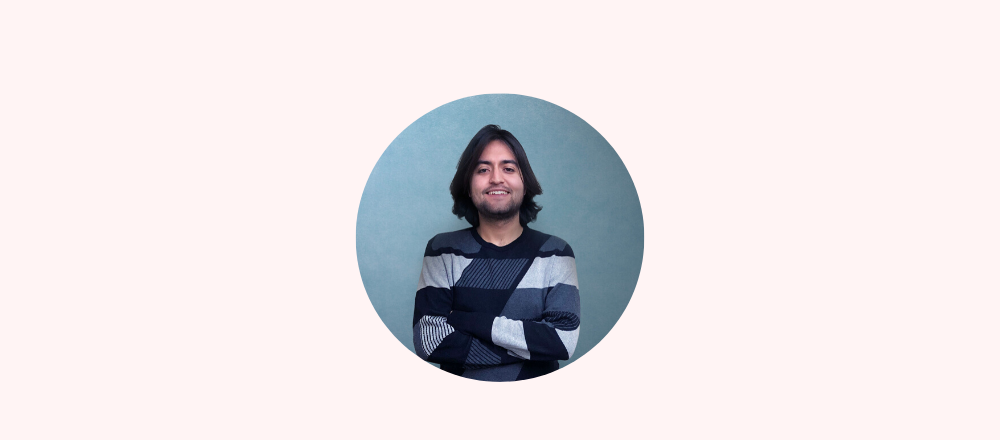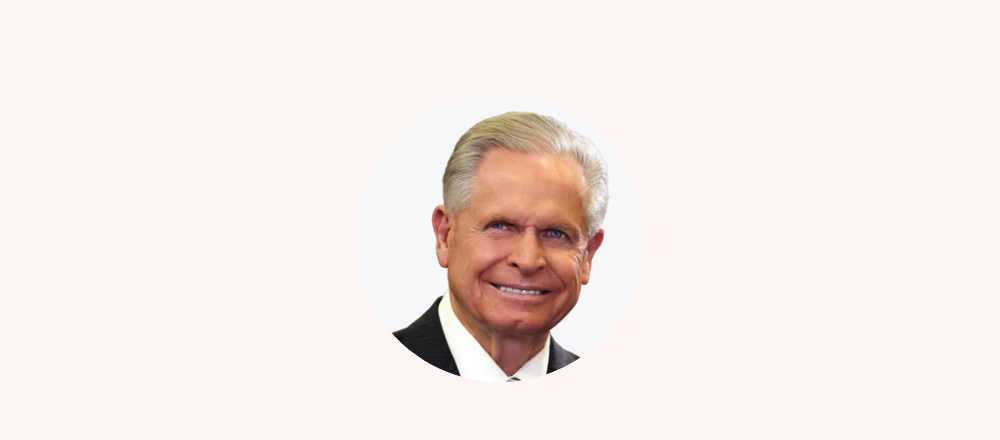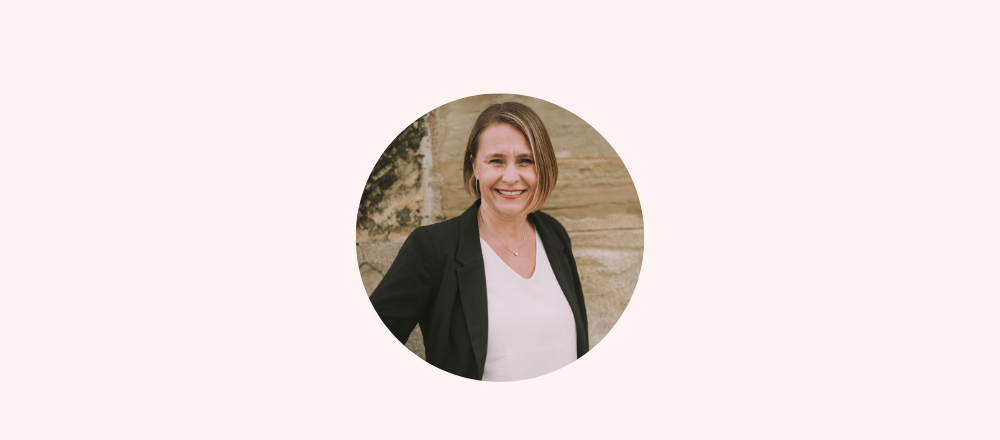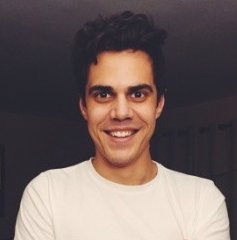Zack Dugow is the Founder and CEO of Insticator, an ad tech company that increases engagement and ad revenue for publishers with customized quiz and poll embeds.
Under Zack’s leadership, Insticator has grown to be one of Inc. 5000’s fastest-growing companies in the country in 2019. Zack is listed as the youngest CEO to win the Red Herring Top 100 Companies in North America award and the Top 100 Companies in the World Award. Early on, Zack helped Insticator establish partnerships with publishers like the Washington Post, Tribune Media, and Ancestry.com. Zack is considered a thought leader in the Content Enablement and Ad Tech communities. Also, Zack is a mentor at the NYU Incubator and advises and invests in different tech startups.
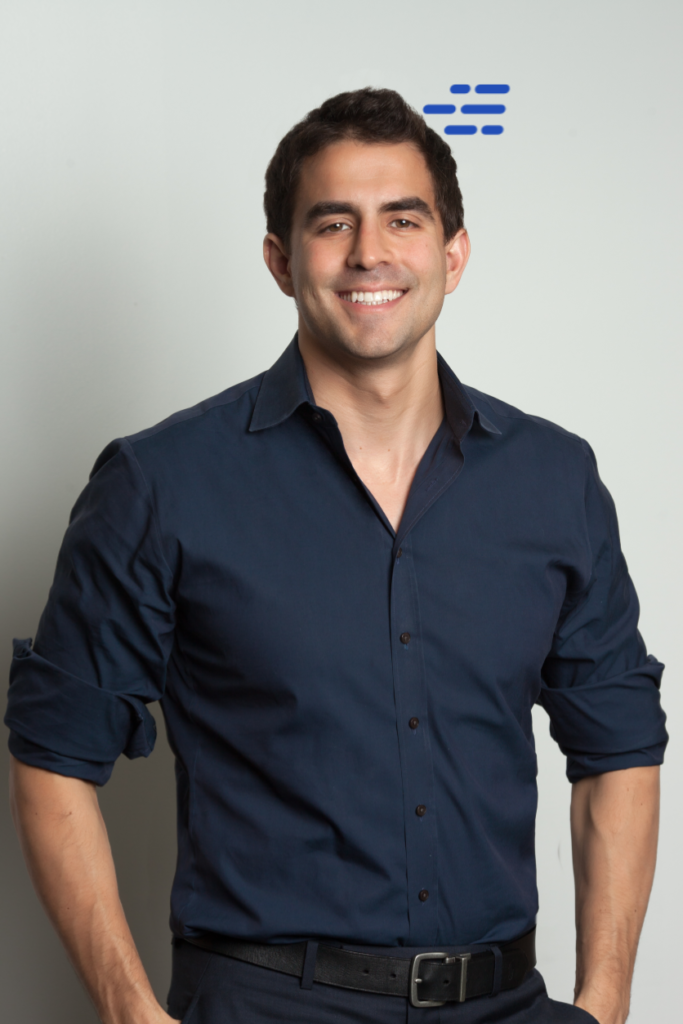
Q: What would you like to see your team accomplish in 2019?
I want us to work better as a cohesive global business and communicate more seamlessly with each other. I think it’s something we can improve on as an organization in 2020.
Q: What were the most challenging areas in the early stages of the company’s growth?
It’s tough to get your first customers and first team members on board. When you’re selling to customers but you don’t have big-name customers — or other customers at all — nobody wants to be the first and take that gamble. When you’re interviewing people to join your company, and you’re a team of two people, it can be difficult to get new members on board with predictions of success, so you need to sell them on your vision. It’s challenging, but it’s something we accomplished.
Q: Who is your role model or hero?
Admiral Yi Sun-sin. I’m a history buff. I initially came across his story a few years ago, and it struck me. Early on, he was told as a general that he had to take a certain province, but he knew there were spies in the area and that this was an ambush, so he refused. Because he refused, he was arrested. He did what was right for his men, even though it was to his detriment. Even after that, he never held any resentment. He accomplished astounding things for Korea in defeating the Japanese armada. He created the turtle ship and defeated the Japanese navy — they had six times the number of ships, and he didn’t even lose a single ship.
What was special about his story was the depth and level of commitment and caring — he consistently did what was best for the army. When they were in their final battle with Japan, and he had gotten shot and mortally wounded, he knew the impact his death would have on the morale of his entire army. He had said, “Tell no one of my death. Beat my war drums. Finish out the battle.”
And likewise, Steve Jobs. He was one of Apple’s founders and then was kicked out of the company by the board who disagreed with him and agreed with John Scully, the existing CEO of Apple. He returned years later and brought Apple to whole new heights with the iPod, the iPhone, and more. Most people, when they get burned, don’t maintain that sense of loyalty or commitment. They both were able to shelve their feelings and work towards what was important to them.
Q: What is your favorite book?
The Hard Thing About Hard Things by Ben Horowitz. It covers all the gut-wrenching difficulties and challenges you’ll encounter in working with people, building a business, and forming your team. It admits that there are no easy answers; lots of times, your options are between bad and worse. I’ve faced that so many times — I’m just trying to figure out which is the bad option.
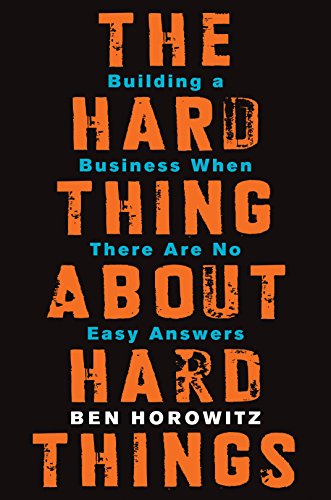
Q: Do you use any specific method or system to run daily operations?
I organize around our rock-planning system, which asks, “What are the three most important things you need to achieve in the next 90 days, and that you can say ‘no’ to everything else as long as you get these three things done?”
I work towards my goals to help the company achieve our initiatives and objectives, but random things always pop up. There’s no other methodology that I use — maybe I should have one!
Q: Why did you choose your present industry at this time?
What I think is interesting is the way that people currently consume content and media with the shift away from hard news. Complex, engaging information can hit you and alter the very way you think about the world and how you live your life, whether it’s a long-form article on single-use plastics and the environment or an opinion piece on disciplining your kids. When something lands that way, we evolve. Our business is on that content consumption end, and I think it’s an especially exciting time.
Q: What is the best/worst moment you can remember in your career?
The best moment was when we generated our first fraction of a penny for one of the first sites we embedded into. It was almost silly then, but we were five people in a room dancing because we fully realized we had a business.
The worst moment of my career was when we had run out of money four or five years ago, and I had to cut everyone’s salary in half. A member of the team told me he could no longer afford to bring his mom from China to New York. We both sat there, and we cried. Eventually, we got everybody paid back and raised the money we needed to, but that was the lowest point. I didn’t take a salary from the business for three and a half or four years and survived on ramen noodles, but it was tough to see this impact not just my life, but the lives of my team members.
Q: Looking back – if you could advise a younger version of yourself to do something different – what would it be?
Realize that what you think you know isn’t true and be open to consistently learning. There are known unknowns: things you realize you don’t know. There are unknown unknowns: things you don’t realize you don’t know. But the most dangerous are the things you think you know but don’t.
I made mistakes because I assumed I knew certain things, like managing a team. It’s drastically different when you have offices in different countries — you need to integrate those cultures and figure out the best ways to communicate across borders and oceans. It’s something I’ve learned with experience, but I wasn’t an expert at the onset. Understand you’ll need to learn consistently and relearn the things you think you already know.
